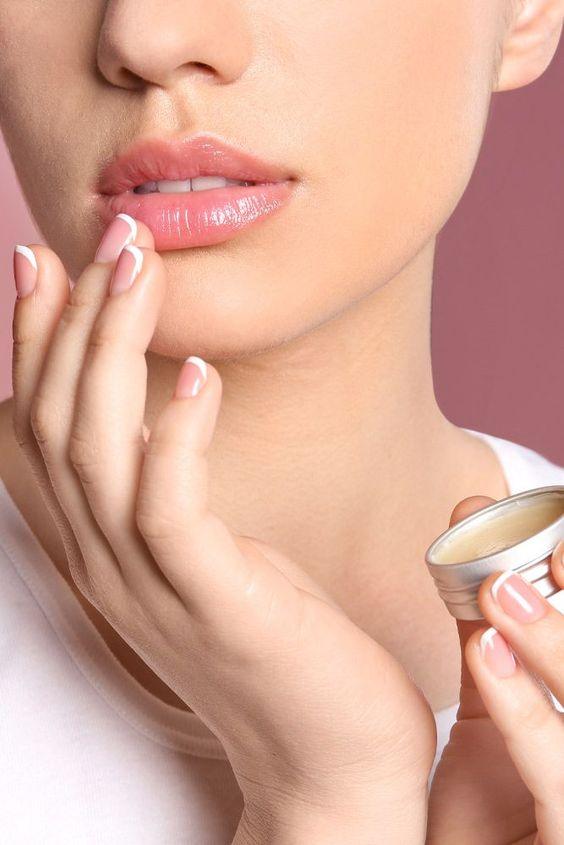Modern life can feel relentlessly loud: notifications, deadlines, and constant “always on” pressure. Green living offers a quieter counterbalance, not just for the planet but for your state of mind too. Simple choices like walking instead of driving, cooking at home, repairing before replacing, and spending time in nature naturally slow your pace and bring you back into the moment. That slower rhythm can ease anxiety, lift mood, and help you feel more in control when everything else feels uncertain. It also builds mindfulness thinking before you buy, choosing less clutter, and focusing on what genuinely supports your wellbeing. On the Friendly Turtle EcoBlog, we explore practical, low-pressure ways to make sustainability feel doable, calming, and realistic so eco choices support your home, your budget, and your headspace over time.
Share your articles with us and get published! Reach out at hello@friendlyturtle.com.
Every Day, Kissable Lips with Organic Lip Balm

As the weather grows colder, you might find yourself with chapped lips. This is completely normal, though it can be incredibly annoying for some of us. Chapped lips cause dryness, flaking, and swelling that can be uncomfortable and painful.
Fortunately, dry lips are easily remedied with the right products. Organic lip balm is the go-to for many people since they are made with all-natural ingredients that sothe and hydrate dry and chapped lips.
Everything you need to know about organic lip balms?
1. Ingredients
Lip balms come in various colours and flavours which make them quite popular among both younger and older generations. However, regular lip balms may contain unsafe ingredients such as parabens, petrolatum, and BHA.
On the other hand, organic lip balms are far safer and come without the nasties. They are made with naturally occurring ingredients such as shea butter and coconut oil among other things. Organic balms are just as effective as their regular counterparts only without the negative impacts.
2. Benefits
Top-rated organic lip balms are great for sensitive skin. They help make lips feel softer and smoother with just one application. Plus, their natural ingredients offer various benefits — beeswax, for example, repairs sun damage and has antibacterial properties.
Meanwhile, shea butter is known for its anti-inflammatory and healing properties. It can condition, tone, and soothe your lips to prevent them from chapping again with regular use.
3. Manufacturers
Where can you find organic lip balm made with the right ingredients? Several online stores sell lip balms for an affordable price without compromising their quality! You can even find lip balms with different flavours, such as lemon, peppermint, and rose.
It’s best to choose a reliable seller that offers cruelty-free and plastic-free products to prevent further damage to the environment. Lastly, make sure that your supplier has positive reviews, quick delivery times, and excellent customer service.
0 comments
Let customers speak for us
Blog posts
Hair confidence rarely comes from a single “perfect” style. It’s built through small, repeatable habits that keep your hair healthy, manageable and truly yours. In this EcoBlog guide, Friendly Turtle explores six simple ways to support lasting hair confidence without overcomplicating your routine. From choosing a colour that feels authentic, to finding a signature cut that suits your face shape, the goal is expression with ease. We also look at the foundations people often skip: hydration, balanced nutrition, gentler styling, and a realistic wash-and-care rhythm you can actually stick to. You’ll learn how to treat heat tools more thoughtfully, use masks and oils sensibly, and avoid the stress of chasing trends. Most importantly, we’ll share why embracing your natural texture can be the biggest confidence upgrade of all less fighting, less waste, and more “this is me” energy, every day.
Moving house is stressful enough without worrying about deposit deductions, and in Woking the standards can feel especially exacting. This EcoBlog guide from Friendly Turtle breaks down how to handle an eco-friendly end of tenancy clean without cutting corners: where landlords look first (oven, hob, extractor, limescale, grout, skirting boards and carpets), how to plan a realistic timeline, and when a professional clean may be worth it. You’ll also find low-waste swaps that still deliver “inventory-ready” results refillable degreasers, vinegar-free limescale removers where needed, microfibre alternatives, washable cloths, and smart routines like ventilating after descaling and logging condition checks with photos. The aim is simple: return the property in great shape, protect your deposit, and keep your clean-out lighter on the planet.



